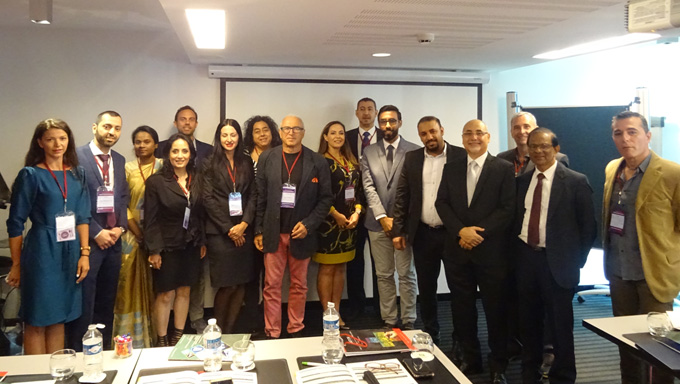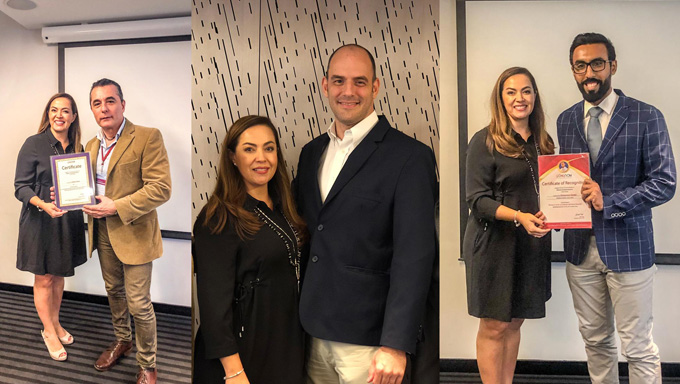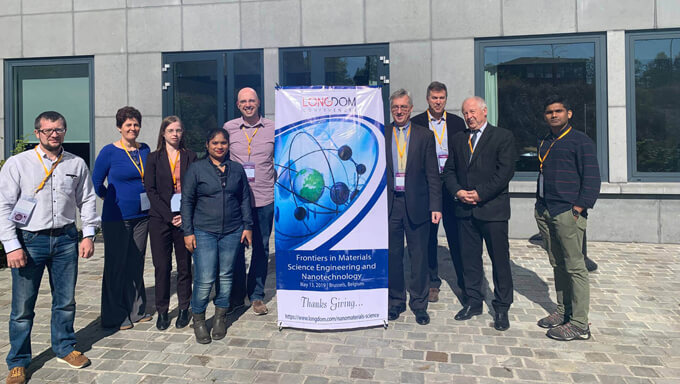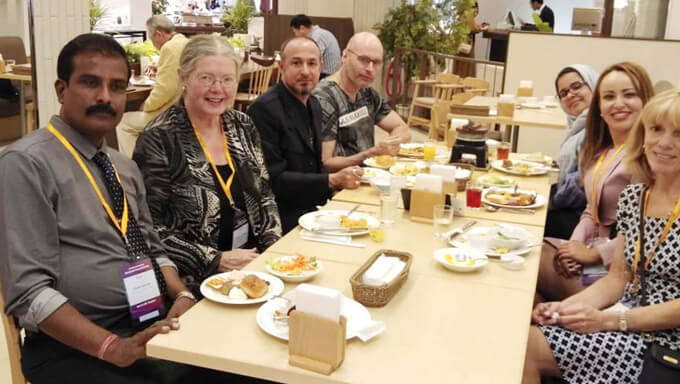







Early diagnosis can make a huge difference in the lives of children with autism spectrum disorder (ASD) and their families. But it’s not always easy to make an Autism diagnosis. There is no lab test for it, so doctors rely on observing the behaviors of very young children and listening to the concerns of their parents. ASD has a very wide range of symptoms. Some people who are “on the spectrum” have severe mental disabilities. Others are highly intelligent and able to live independently. Wherever your child falls on the spectrum, getting autism is a two-stage process, and it starts with your pediatrician. Pediatricians are the first step in the autism diagnosis process. Every child gets an assessment at their 18- and 24-month checkups to make sure they are on track, even if they do not seem to have any symptoms.
Due to the behavioral, information processing, and sensory aspects of their diagnosis, many people on the autism spectrum often prefer familiar environments with a predictable routine. Restricted and repetitive interests, sensory processing differences and heightened anxiety can make even small changes stressful. Observe your child and ask how your child's social interactions, communication skills, and behavior have developed and changed over time, Give your child tests covering hearing, speech, language, developmental level, and social and behavioral issues, Present structured social and communication interactions to your child and score the performance, Recommend genetic testing to identify whether your child has a genetic disorder such as Rett syndrome or fragile X syndrome.
Autistic children often find it hard to recognise emotions, facial expressions, and other emotional cues like tone of voice and body language. show and manage their own emotions. understand and respond to other people's emotions – they might lack or seem to lack empathy with others.
Teaching Emotional Self-Regulation
Epidemiologic studies suggest that the risk of schizophrenia is increased after prenatal maternal viral infections such as influenza, rubella, measles, and polio, as well as infections with bacterial pathogens and genital and/or reproductive infections, Thus, the association between maternal infection during pregnancy and schizophrenia in the offspring does not seem to be pathogen-specific. Similarly, prenatal/perinatal exposure to numerous pathogens.
including rubella, measles, and cytomegalovirus has been implicated in the etiology of autism, suggesting that the infection-associated risk of autism may also not be pathogen-specific. This notion finds support from a recent nationwide study in Denmark on >20,000 children born to mothers who required hospitalization because of infection during pregnancy. Hospital admission due to maternal exposure to various viral or bacterial infections significantly increased the offspring's risk of ASD, an effect that seemed unrelated to hospitalization.
We let our ground-breaking work and our amazing clients speak for us…… LONGDOM conferences